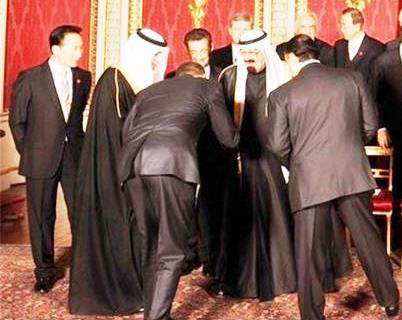The post-ISIS crisis for Sunni governments
Abdulrahman al-Rashed /Al Arabiya
Wednesday, 15 October 2014
It’s relatively clear who the enemy and the friend are in this current war against the Islamic State of Iraq and Syria (ISIS) but the situation is subject to change. Newly-appointed Iraqi Prime Minister Haidar al-Abadi says Gulf countries and Saudi Arabia have changed their strategies because they realized that their support of extremists threatens their own security. Saudi Arabia stresses that ISIS was born in the bosom of the Syrian regime. The Iranians publicly admit that some al-Qaeda leaders are still based inside Iran while it’s well-known that Turkey is a wide-open gate for the thousands of fighters – respected and terrorists alike – to sneak into Syria. Everyone agrees that the American government’s hesitation to intervene over the past three years is to blame for turning the cat into a terrorist monster which is threatening the entire world. The Americans themselves currently admit that they underestimated the situation and that the former Iraqi government under Nouri al-Maliki, with its vengeful sectarian policy, led to the birth of the Iraqi ISIS army.
“Gulf countries have been fighting Sunni terrorist groups since al-Qaeda surfaced a decade and a half ago”
Abdulrahman al-Rashed
There is hope that the danger will be curbed despite the differences and the difficulty of dealing with terrorist groups. The current anti-ISIS alliance is a political, legal and military framework that can be developed to find solutions for the root causes by ending regional political competition, curbing sectarian struggle and ending the likes of the Syrian regime. Without that, stances may change, the alliance may divide, the struggle may expand and different parties will engage in regional proxy wars in which everyone uses terrorist groups to serve their aims.
Spreading the blame
Now everyone is trading the blame and there are enough problems to spread the blame around as everyone is, to some degree, responsible for the negative realities in Iraq and Syria. No party, regardless of how powerful its military is and of how far it is from the areas of crises, can escape the imminent threat unless it admits the reality of the situation and considers itself a partner in this war against ISIS. But when Iran wants to maintain the authority of the Assad regime, this means getting rid of Sunni terrorists while keeping Iran’s own terrorists active. This is unacceptable. It will only lead to the expansion of ISIS’s capabilities because the crimes of the Assad regime and its associated Shiite militant groups have killed a quarter of a million Syrian citizens. If Assad’s regime remains in power it will undermine the anti-ISIS alliance and its military efforts, increase hatred across the Islamic world and act as magnet to more fighters.
We must also understand the religious dimension of the crisis at hand. Being biased towards ISIS will embarrass Sunni governments in front of their citizens. Without eliminating the Assad regime and without rectifying the sectarian situation in Iraq, the pace of the struggle between Sunnis and Shiites will increase on the level of governments, organizations and individuals. Such competition would improve extremists’ status and make them key players and a center of attention and it will weaken the authority of Sunni governments who will find themselves involved in a game of polarization and will thus be forced to take sides either with Iran or with ISIS. So will the world be able to tolerate the expansion of chaos which would result from the military alliance standing against the Sunni terrorist ISIS while letting Assad and Shiite terrorists emerge victorious? The obvious question is thus: Isn’t what we are witnessing today a sectarian war?
It is partially. But the second chapter of the crisis hasn’t yet begun as the region is not yet divided because Gulf countries have been fighting Sunni terrorist groups since al-Qaeda surfaced a decade and a half ago. Gulf states are still leading the fight against these groups because they know that al-Qaeda, ISIS, the al-Nusra Front and Ahrar al-Sham target them as well as other Sunni regimes like Egypt more than they target Shiite regimes. However, these countries cannot maintain their stance if it later turns out that there’s a sectarian coalition supported by foreign parties. They will not be able to maintain their stance if it turns out that Iran, Western countries in support of the Assad regime, the Iraqi government and extremist Shiite militias are working on one front. In this case, regional countries like Saudi Arabia, the Gulf countries, Egypt and Turkey cannot stay in their current camp.


















